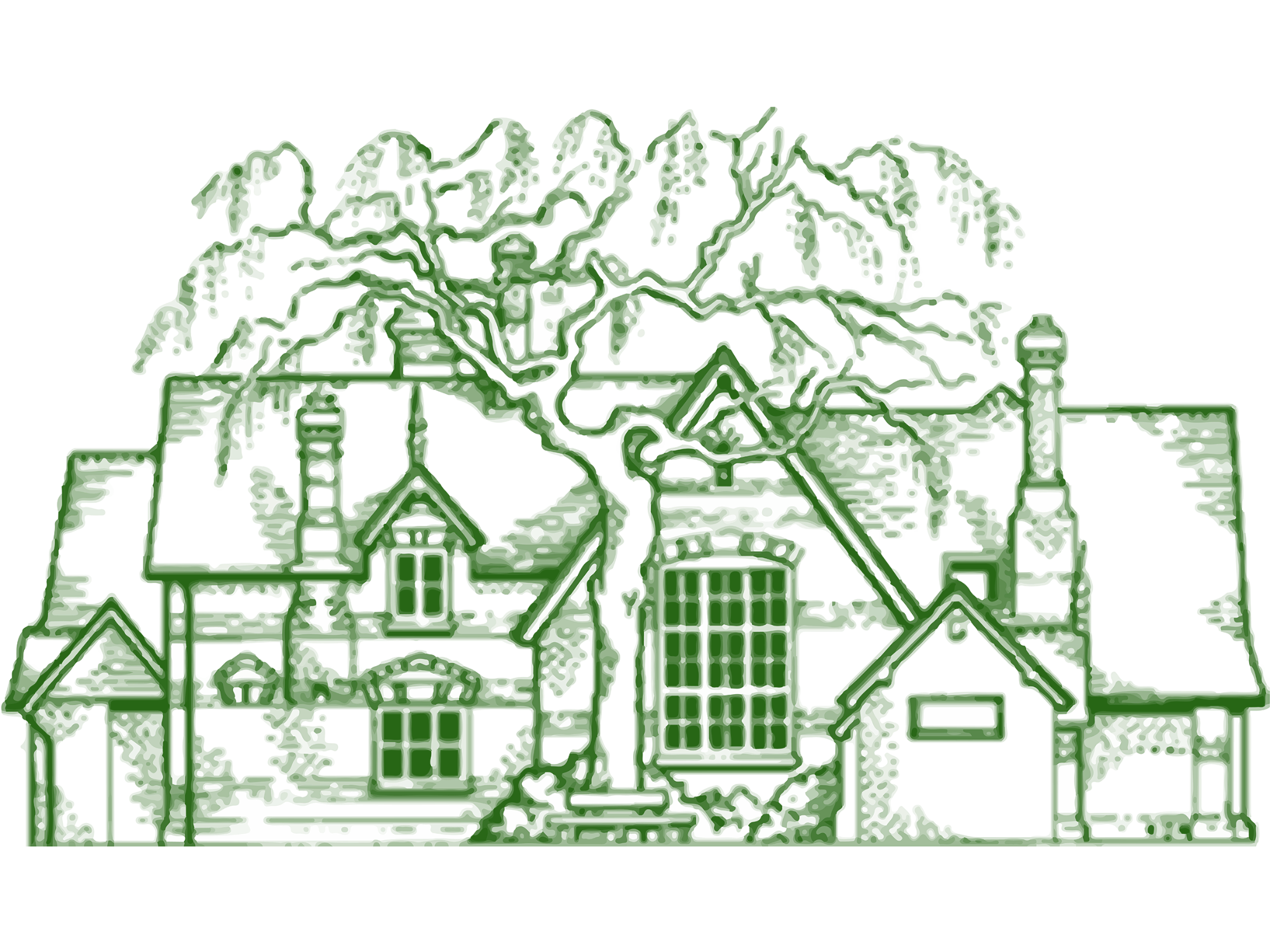Computing
Curriculum Intent
In an ever-increasing technological world, the aim of our computing curriculum is to equip children with the skills they need to work with technology in a range of forms as it adapts and develops. The skills they develop through computing (e.g. analytical skills, problem solving, reasoning, application of understanding, creativity) enable them to use computational thinking across the curriculum and in the wider world.
The core of computing is computer science, in which pupils are taught the principles of information and computation, how digital systems work, and how to put this knowledge to use through programming. Building on this knowledge and understanding, pupils are equipped to use information technology to create programs, systems and a range of content. Computing also ensures that pupils become digitally literate – able to use, and express themselves and develop their ideas through, information and communication technology – at a level suitable for the future workplace and as active participants in a digital world.
Whilst ensuring they understand the advantages and disadvantages associated with online experiences, the children develop as respectful, responsible and confident users of technology, aware of measures that can be taken to keep themselves and others safe online.
Curriculum Implementation
Our computing curriculum teaches the key substantive knowledge and disciplinary knowledge (skills), through exciting and engaging learning opportunities. We follow the National Centre for Computing Education ‘Teach Computing’ scheme of work. Teachers adapt and tailor the NCCE Teach Computing planning to suit the needs of the children and fit with specific topics within year groups, e.g. creating quizzes in the programming unit linked to recent geography or history work.
The units have been carefully sequenced to ensure clear progression across KS1, LKS2 and UKS2. This means that units show progression both within a cycle (A or B) and across key stages but cycle A and cycle B can be taught in any order.
Teachers use formative assessment within lessons to reinforce the concepts being covered based on the lesson objectives and outcomes in the scheme of work. These are conducted informally by the class teacher and are used to inform future planning. This ensures that teachers are meeting the needs of all individuals and allows them to progress.
Online Safety (E-Safety) is taught regularly throughout the year, at an age appropriate level and is based on the National Curriculum requirements. Year groups use a range of resources including, Twinkl and Project Evolve. These sessions and the learning that takes place is planned according to need of individual cohorts and the children at Cheriton.
Our planning and progression documents clearly identify the key learning required by the end of each unit of work. Through our teaching, we ensure that children know and remember more by revisiting and building on prior learning in units of work and making links between subjects and knowledge whenever possible. Children are given regular opportunities to apply their knowledge in different contexts and explain their understanding to others.
Curriculum Impact
School leaders, Governors and teachers regularly measure the impact of our Computing curriculum through the monitoring of teaching and learning, assessment, and on-going self-review. The teaching of Computing is monitored termly through work scrutinies, learning walks, link governor meetings and pupil voice activities. We talk to children and parents, undertake learning walks, look at examples of work and review the curriculum as subject leaders. This results in, as subject leaders, the ability to focus on a specific area and identify key strengths and areas for future development.
The recording of summative assessment means that teachers are informed of any gaps in knowledge from previous years, allowing for the future planning of units to be adapted to suit the needs of the children.
We aim for the impact to be that our children will be academically prepared for the next phase of their education, with experiences using a variety of technology that the children apply their skills to.
We aim for children feel more confident and be able to apply the knowledge and skills being learnt within the Computing curriculum. This is achieved through consistent Computing lessons and regular opportunities within other subjects, through cross-curricular activities, allowing students to embed the knowledge and skills being taught.
